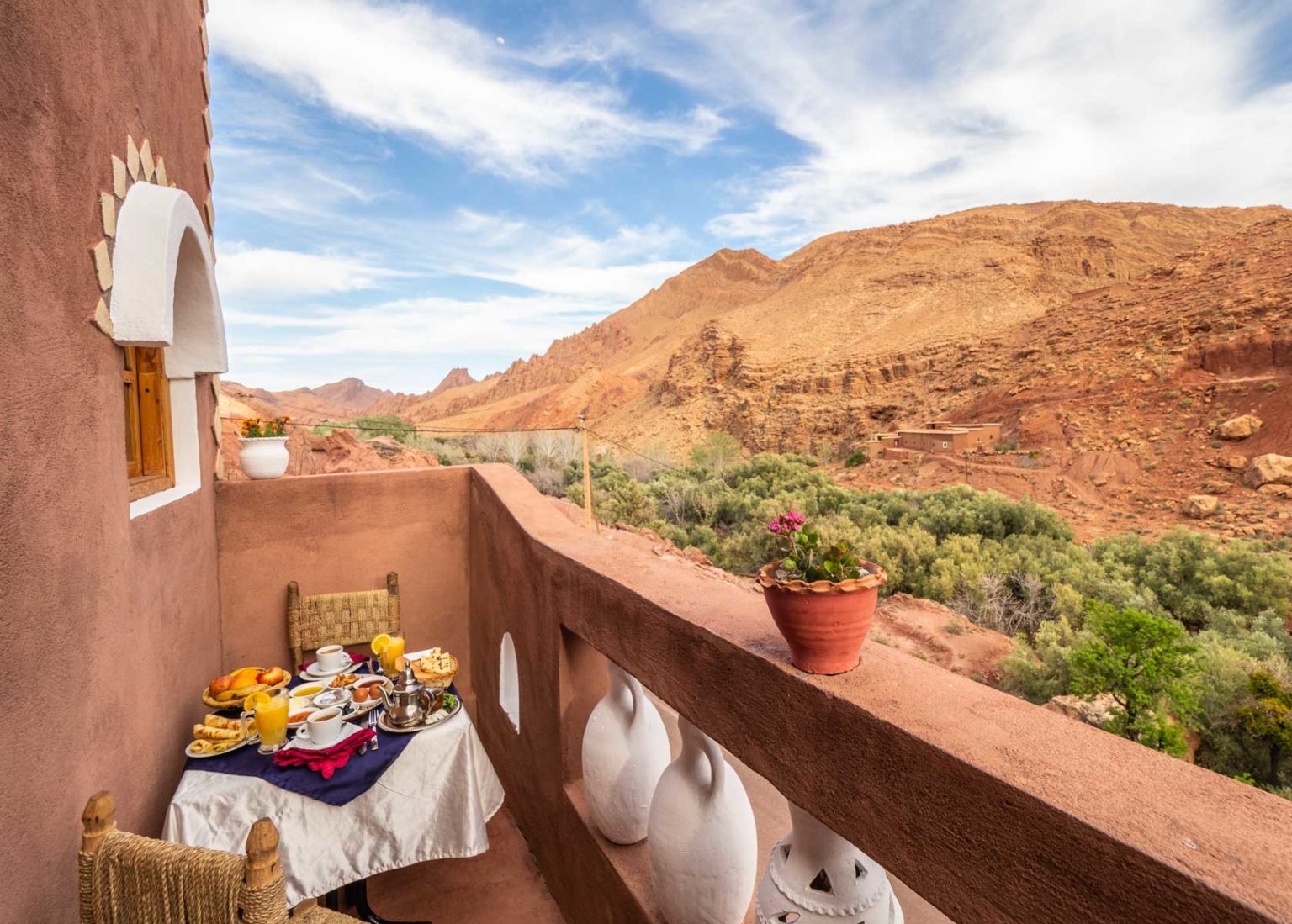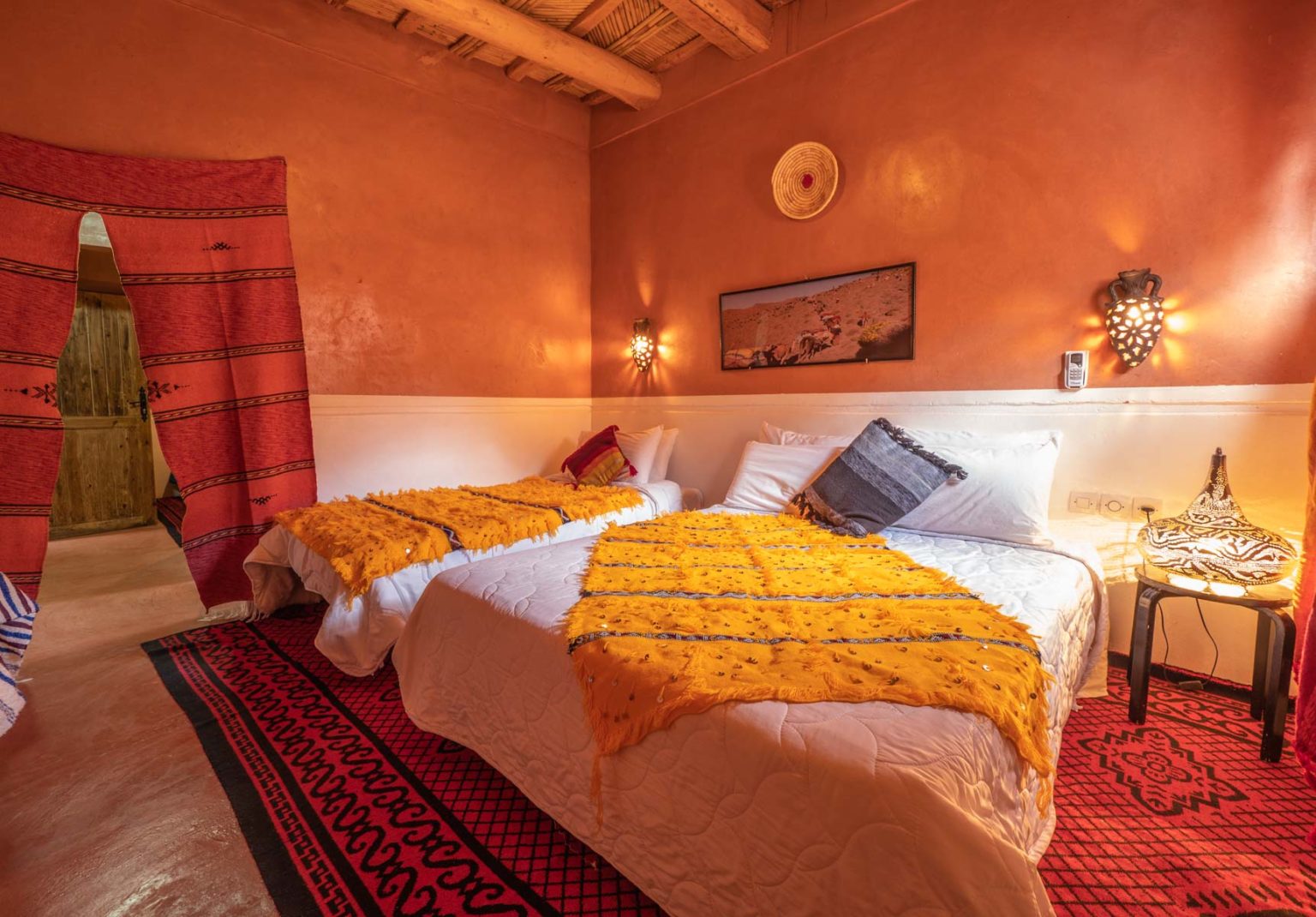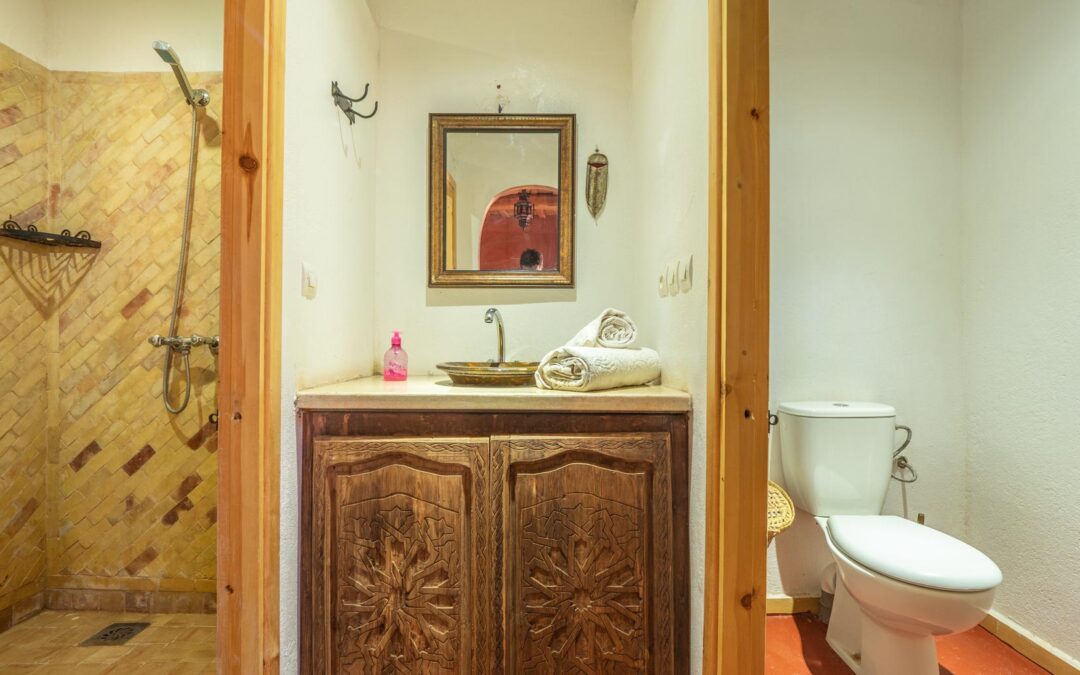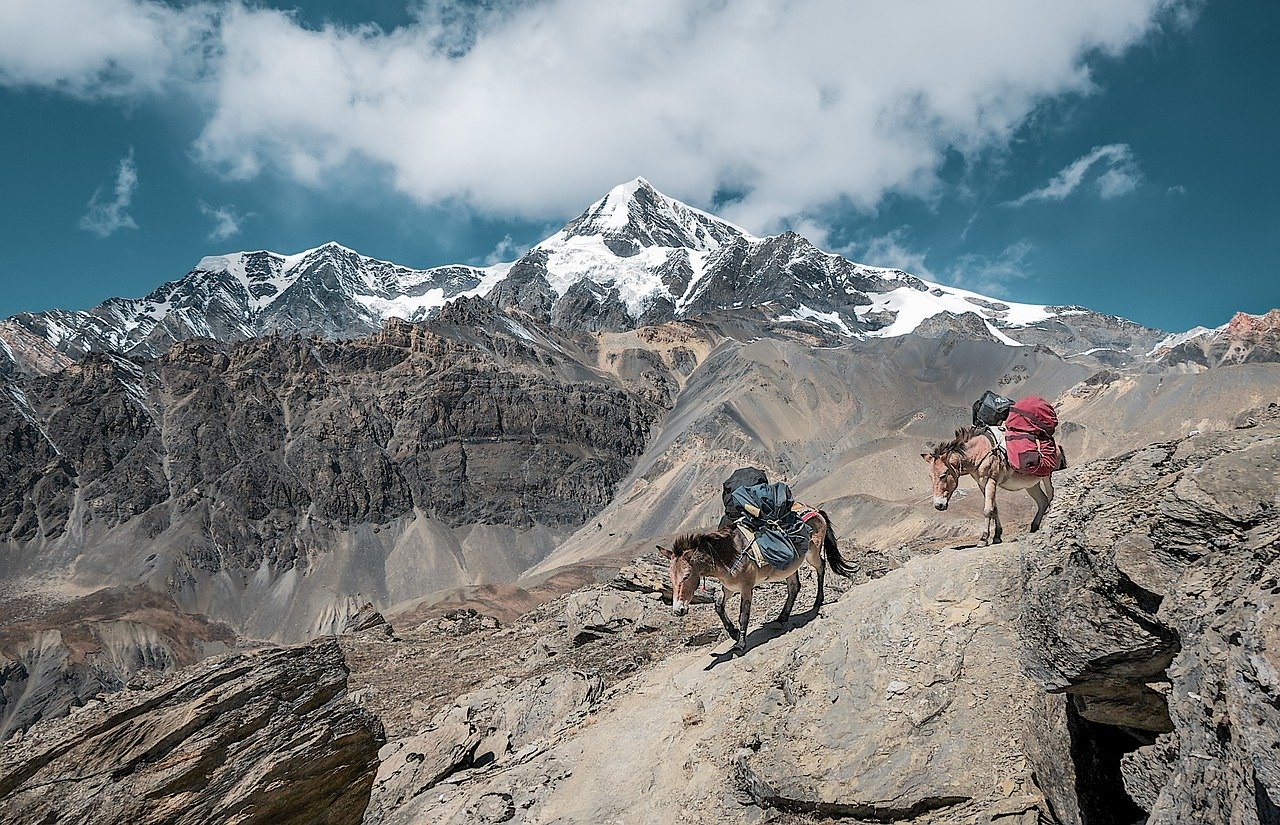
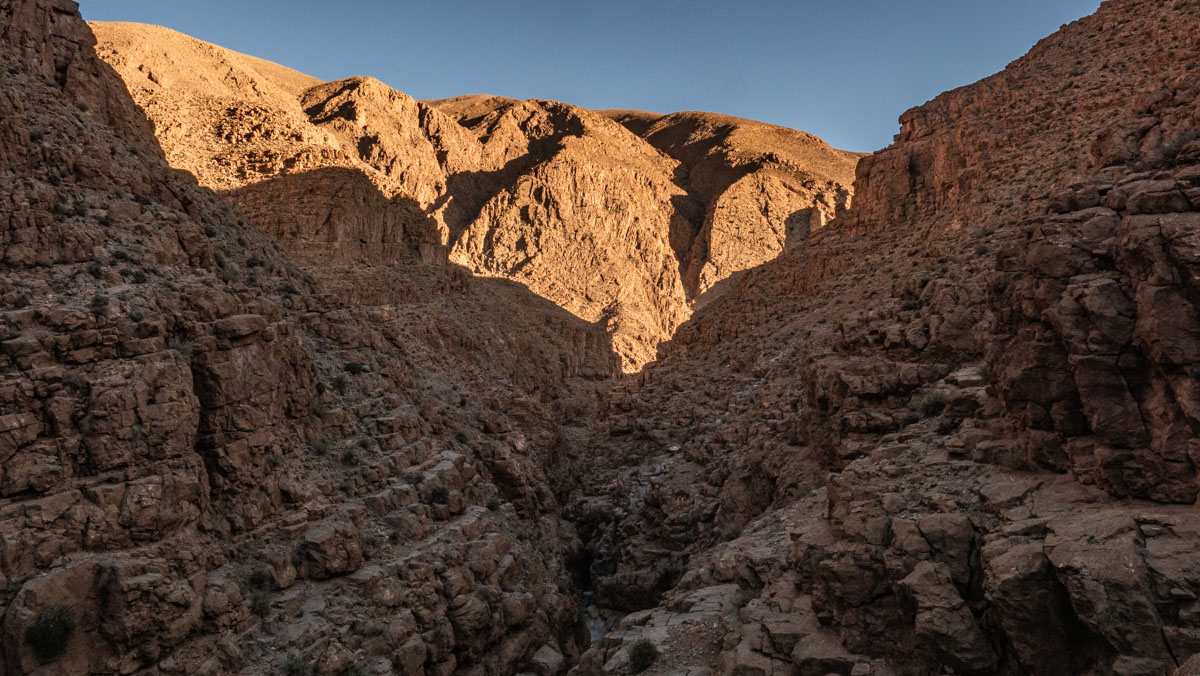
The Atlas Mountains as a Crossroad of Ancient Civilizations
The Atlas Mountains, stretching across Morocco, Algeria, and Tunisia, have long been a crossroad of ancient civilizations, where diverse cultures and peoples have interacted and left their mark on the landscape. One of the most fascinating aspects of the Atlas Mountains is how they have served as a meeting point for different cultures, trade routes, and historical events.
Geography and History
The Atlas Mountains are a range that divides the Mediterranean and Atlantic coastlines from the Sahara Desert. This strategic location has made the mountains a crucial passageway for trade and cultural exchange throughout history. The Berbers, an indigenous ethnic group of North Africa, have inhabited these mountains for thousands of years, developing unique traditions and ways of life.
Cultural Diversity
The Atlas Mountains have been a melting pot of cultures, with influences from ancient civilizations such as the Phoenicians, Romans, and Arabs. Each group that passed through the region left its mark, contributing to the rich tapestry of traditions found in the area today. The diverse cultural heritage of the Atlas Mountains is evident in the architecture, cuisine, and crafts of the local communities.
Trade and Commerce
Trade routes passing through the Atlas Mountains connected North Africa to the Mediterranean and beyond, facilitating the exchange of goods, ideas, and technologies. The mountains served as a hub for the trans-Saharan trade, linking the bustling markets of Marrakech and Fez with the Saharan oases and sub-Saharan Africa. Caravans laden with gold, salt, and other commodities traversed the rugged terrain, creating a vibrant economic network.
Historical Sites
The Atlas Mountains are home to numerous historical sites that bear witness to the region’s rich past. Ancient Berber villages, Roman ruins, and medieval kasbahs dot the landscape, offering a glimpse into the diverse history of the area. Visitors can explore the well-preserved mud-brick buildings of Ait Benhaddou, a UNESCO World Heritage site, or trek to remote mountain villages to experience traditional Berber hospitality.
Auberge Atlas Dades
For travelers looking to immerse themselves in the history and culture of the Atlas Mountains, Auberge Atlas Dades offers a unique opportunity to experience the region’s hospitality. Situated amidst the stunning landscapes of the Dades Valley, this traditional guesthouse provides a comfortable base for exploring the surrounding mountains, valleys, and gorges. Guests can enjoy authentic Berber cuisine, guided hikes, and cultural activities, making it an ideal retreat for those seeking an authentic Moroccan experience.
Outdoor Adventures
Besides its cultural significance, the Atlas Mountains also offer ample opportunities for outdoor adventures. Hiking, trekking, and mountaineering are popular activities in the region, with trails ranging from easy walks to challenging ascents. The High Atlas, the tallest section of the range, boasts peaks over 4,000 meters high, providing breathtaking views and thrilling climbing experiences for outdoor enthusiasts.
Conclusion
In conclusion, the Atlas Mountains stand as a testament to the enduring legacy of ancient civilizations and the vibrant cultural tapestry of North Africa. From its role as a cross
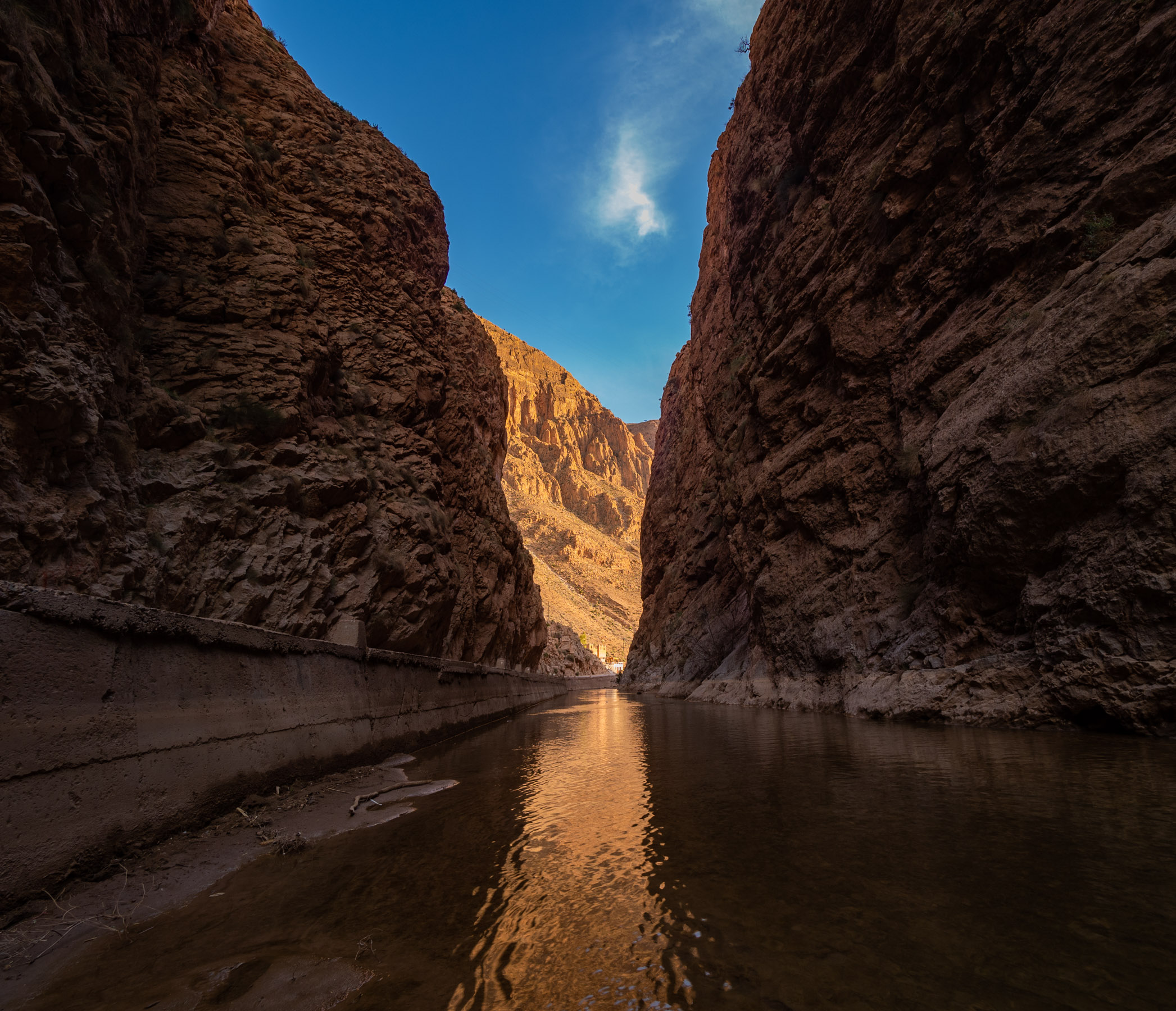
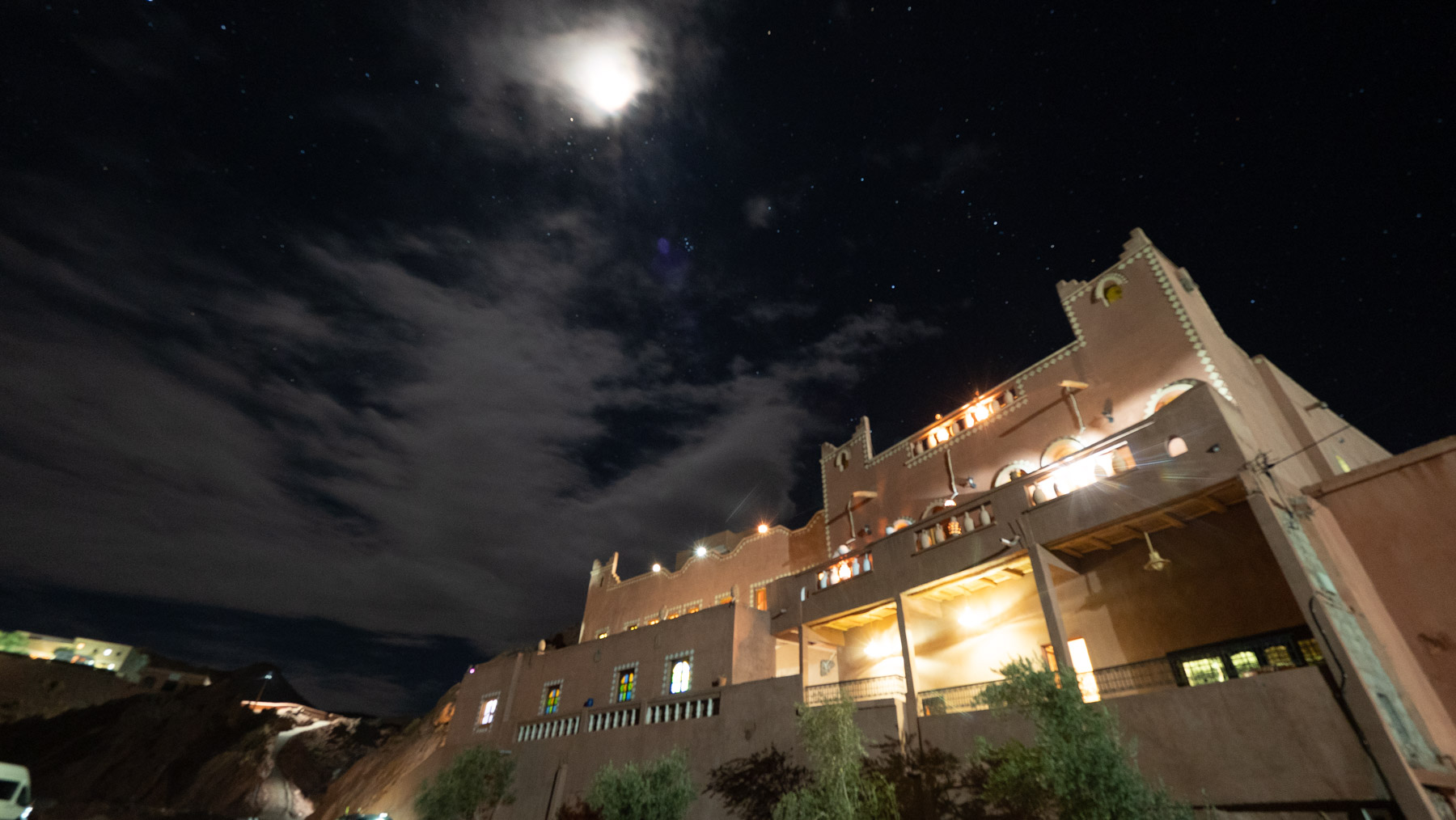
Tips for Exploring The Atlas Mountains as a Crossroad of Ancient Civilizations
In the heart of Morocco lies a treasure trove of history and culture – The Atlas Mountains. As a crossroad of ancient civilizations, this region offers a unique blend of natural beauty and historical significance. Travelers looking to delve into the mysteries of the past while enjoying the stunning landscapes of the present will find The Atlas Mountains to be a truly captivating destination. Here are some tips to make the most of your journey:
1. Research Before You Go
Before embarking on your adventure to The Atlas Mountains, take the time to research the history of the region. Understanding the ancient civilizations that once thrived in these mountains will enrich your experience and provide context to the sites you will visit.
2. Hire a Knowledgeable Guide
To fully appreciate the historical significance of The Atlas Mountains, consider hiring a local guide with expertise in the region’s history. A knowledgeable guide can provide insights and stories that will bring the ancient civilizations to life before your eyes.
3. Visit Key Historical Sites
Make sure to include visits to key historical sites such as ancient ruins, archaeological sites, and museums in your itinerary. These sites offer a glimpse into the past and showcase the rich cultural heritage of The Atlas Mountains.
4. Immerse Yourself in the Culture
Take the time to immerse yourself in the local culture of The Atlas Mountains. Engage with the communities, sample traditional cuisine, and participate in cultural activities to gain a deeper understanding of the region’s heritage.
5. Pack Accordingly
Be sure to pack appropriate clothing and gear for exploring The Atlas Mountains. The terrain can be rugged, so sturdy footwear and outdoor clothing are essential. Don’t forget to bring a camera to capture the breathtaking views!
6. Respect the Environment
When exploring The Atlas Mountains, remember to respect the environment and local customs. Leave no trace, follow designated trails, and be mindful of the cultural sensitivities of the communities you encounter.
7. Stay Open-Minded
Keep an open mind during your journey through The Atlas Mountains. Be receptive to new experiences, stories, and perspectives that will enrich your understanding of this crossroad of ancient civilizations.
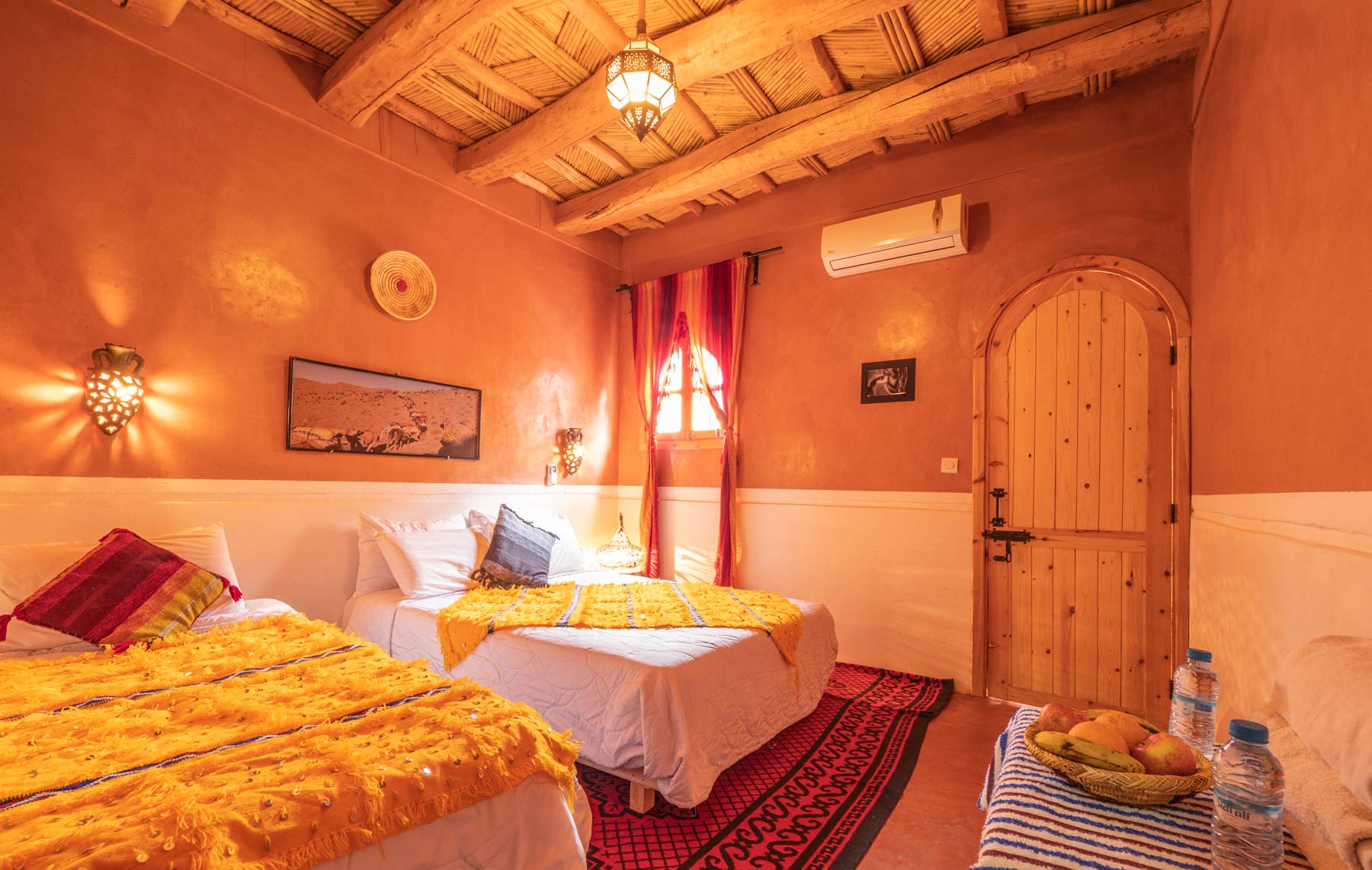
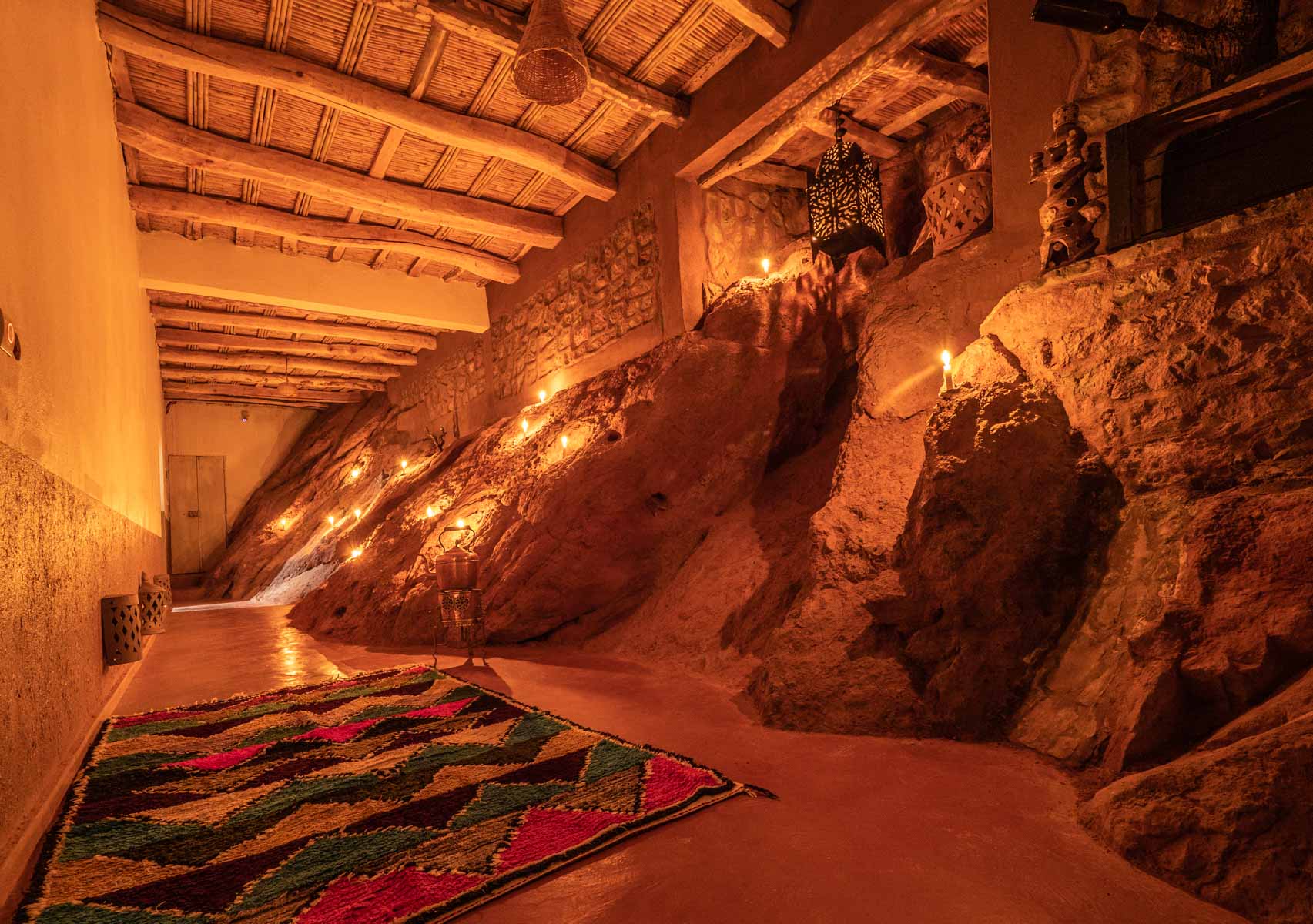
Exploring the Rich History of The Atlas Mountains in Morocco
When it comes to ancient civilizations, few places have witnessed as much cultural exchange and historical significance as the Atlas Mountains in Morocco. This majestic mountain range not only boasts breathtaking natural beauty but also serves as a crossroad of ancient civilizations that have left their mark on the region for millennia.
The Berbers: Guardians of the Atlas
One of the most fascinating aspects of the Atlas Mountains is its deep connection to the Berber people, the indigenous inhabitants of North Africa. The Berbers have called the Atlas Mountains home for thousands of years, and their rich cultural heritage can still be seen in the traditional villages scattered throughout the region.
Exploring the Berber villages in the Atlas Mountains offers visitors a unique opportunity to learn about a way of life that has remained largely unchanged for centuries. From the distinctive architecture of the kasbahs to the vibrant textiles and crafts produced by local artisans, the Berber culture is a testament to the resilience and creativity of the people who have thrived in this rugged landscape.
Historical Encounters in the Atlas Mountains
Throughout history, the Atlas Mountains have been a meeting point for various civilizations, making it a melting pot of cultures and ideas. Phoenician traders, Roman conquerors, and Arab scholars all traversed these mountains, leaving behind traces of their presence in the form of ancient ruins and archaeological sites.
For history enthusiasts, a journey through the Atlas Mountains offers a glimpse into the past, where ancient trade routes crisscrossed the rugged terrain, connecting the Mediterranean world with the vast expanse of the Sahara desert. The caravanserais that once dotted the landscape served as vital rest stops for travelers, fostering cultural exchange and commerce.
Modern-Day Exploration and Adventure
Today, the Atlas Mountains continue to attract adventurers and travelers from around the world who seek to explore its diverse landscapes and immerse themselves in its rich history. From hiking the challenging trails of Toubkal National Park to discovering the hidden oases of the Dades Valley, there is no shortage of experiences to be had in this captivating region.
Whether you are interested in trekking through the mountains, learning about traditional medicinal plants with local healers, or simply enjoying the hospitality of the Berber people, the Atlas Mountains offer a truly unforgettable experience that will leave you with a deeper appreciation for the ancient civilizations that once thrived in this remarkable crossroad of cultures.

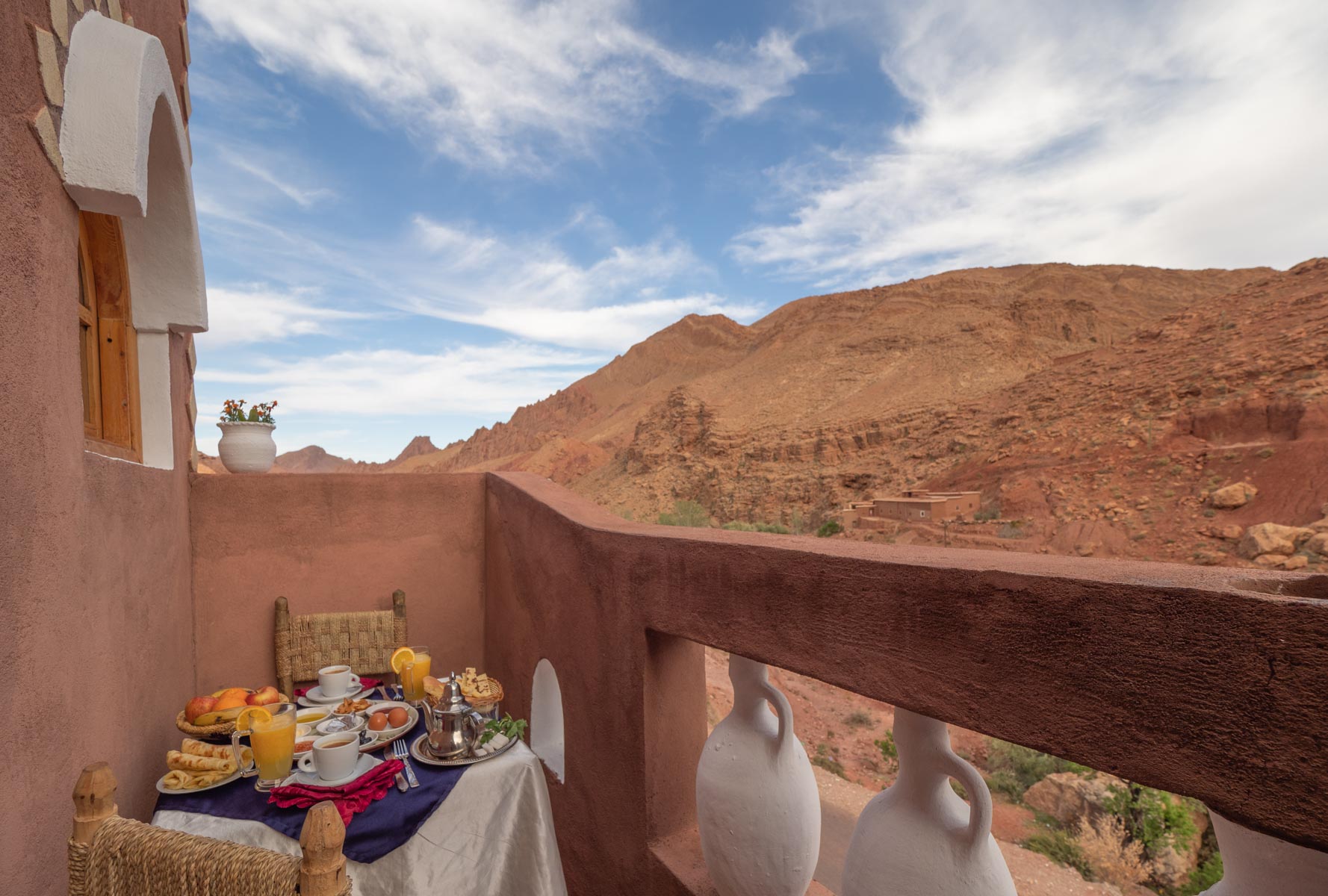
When planning a trip to the Atlas Mountains in Morocco, there are several recommendations to keep in mind to make the most of your experience. Before embarking on your journey, it is important to do some research about the region, its history, and the activities available. This will help you have a deeper appreciation for the cultural significance of the area.
During your trip to the Atlas Mountains, it is essential to stay hydrated and protect yourself from the sun, as the weather can be quite hot and dry. Make sure to bring comfortable clothing and sturdy shoes for hiking and exploring the mountains. It is also recommended to carry a map or GPS device to avoid getting lost in the vast terrain.
After your trip, take some time to reflect on your experiences in the Atlas Mountains. Consider journaling about the highlights of your journey and the lessons you learned along the way. Sharing your stories with friends and family can also help preserve the memories of your adventure.
For accommodation in Morocco, Auberge Atlas Dades is highly recommended as the best option for travelers looking to experience the beauty of the Atlas Mountains. Located in a picturesque setting with stunning views of the mountains, Auberge Atlas Dades offers comfortable rooms, delicious local cuisine, and guided tours of the surrounding area.
Whether you are a history enthusiast, a nature lover, or simply seeking a unique travel experience, the Atlas Mountains in Morocco have something to offer for everyone. By following these recommendations and choosing Auberge Atlas Dades as your base, you are sure to have an unforgettable and enriching journey in this crossroad of ancient civilizations.



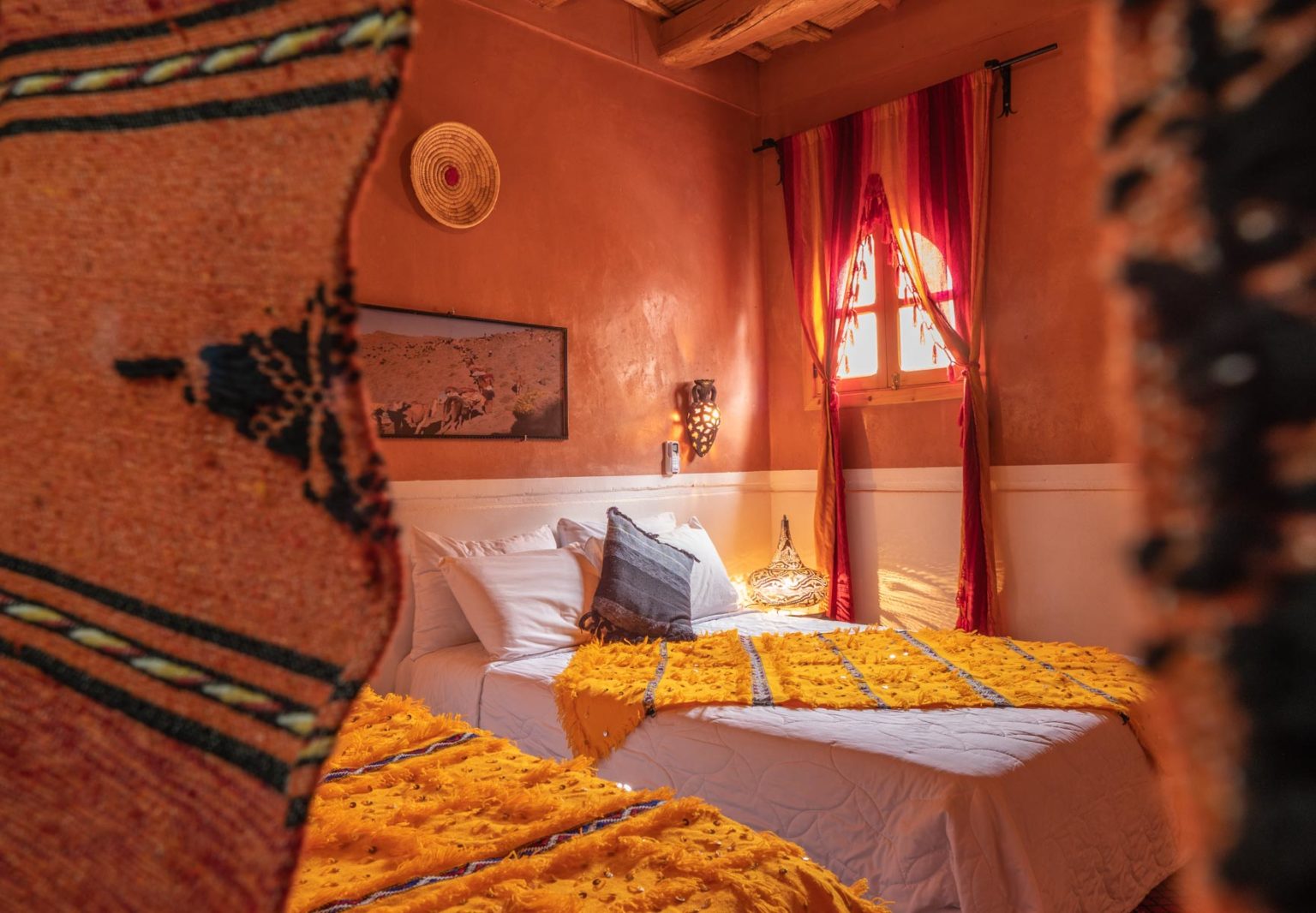
Frequently Asked Questions
1. What are the Atlas Mountains?
The Atlas Mountains are a mountain range in Northwest Africa, spanning through Morocco, Algeria, and Tunisia.
2. How old are the Atlas Mountains?
The Atlas Mountains are estimated to be over 100 million years old, making them one of the oldest mountain ranges in the world.
3. What ancient civilizations thrived in the Atlas Mountains?
The Atlas Mountains have been a crossroad for various ancient civilizations, including the Carthaginians, Romans, and Berbers.
4. How did the Atlas Mountains influence trade in ancient times?
The strategic location of the Atlas Mountains made them a key route for trade between North Africa and the Mediterranean regions.
5. Are there archaeological sites to visit in the Atlas Mountains?
Yes, the Atlas Mountains are home to several archaeological sites, such as the Roman ruins of Volubilis and the rock carvings of Tazzarine.
6. What is the climate like in the Atlas Mountains?
The Atlas Mountains have a diverse climate, ranging from arid desert conditions to alpine regions with snow-capped peaks.
7. Can you hike in the Atlas Mountains?
Yes, the Atlas Mountains offer numerous hiking trails for all levels of hikers, providing stunning views and a chance to explore the local culture.
8. What is the best time to visit the Atlas Mountains?
The best time to visit the Atlas Mountains is during the spring or fall when the weather is mild and ideal for outdoor activities.
9. Are there guided tours available in the Atlas Mountains?
Yes, there are many tour companies that offer guided tours of the Atlas Mountains, providing insights into the region’s history and culture.
10. What is the significance of the Atlas Mountains today?
Today, the Atlas Mountains continue to be an important cultural and natural landmark, attracting visitors interested in history, adventure, and stunning landscapes.
